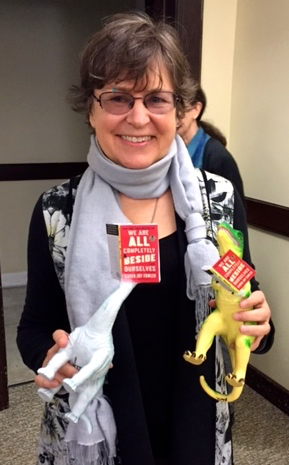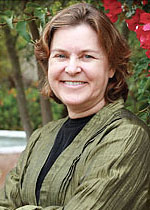

Abducted by the aliens at age 11, released only many years later, Noah knows, as the recruits do not, that the Communities can and will completely eliminate humans if the two species prove unable to live together. The Communities ask Noah to turn six human recruits into willing workers. Many humans died in the days of early contact - the aliens experimented casually on them to discover what the human body could and could not withstand. The arrival of the Communities has crashed the economy humans are dependent now on the aliens for employment and food. In the second story, "Amnesty," a woman named Noah works as translator between humans and a species of alien invader referred to as the Communities. "I don't believe in utopias," Martha tells God, and no reader of the fiction of Octavia Butler could doubt this. The rules of this deal-with-the-deity story are as follows: Martha can make a single change and whatever society results, she must occupy the bottom rung of it. The human race is racing toward self-destruction and the black, female science fiction writer is being given the chance to save the world.

Her last memories of earth are of writing, the "sweet frenzy of creation that she lived for."Īs it turns out, Martha is not dead God merely has a task for her.

Her first concern is that she must be dead, and she doesn't want to be. Martha seems to be much like a younger Butler - a woman of 43, an African-American and a writer. In it, God tells Martha that she is free for the very first time. The opening to "The Book of Martha" makes for sad rereading now, though. They have their own strengths, and remind you of the pure stuff that made Butler's work so powerful.

Neither, in my opinion, is absolutely first-rate Butler still, they are quintessential as to theme and character. Butler prior to her death in February, at the age of 58, were "The Book of Martha" and "Amnesty." Both were published in 2003, and both are available in the archives. The last two stories I read by Octavia E.


 0 kommentar(er)
0 kommentar(er)
